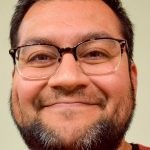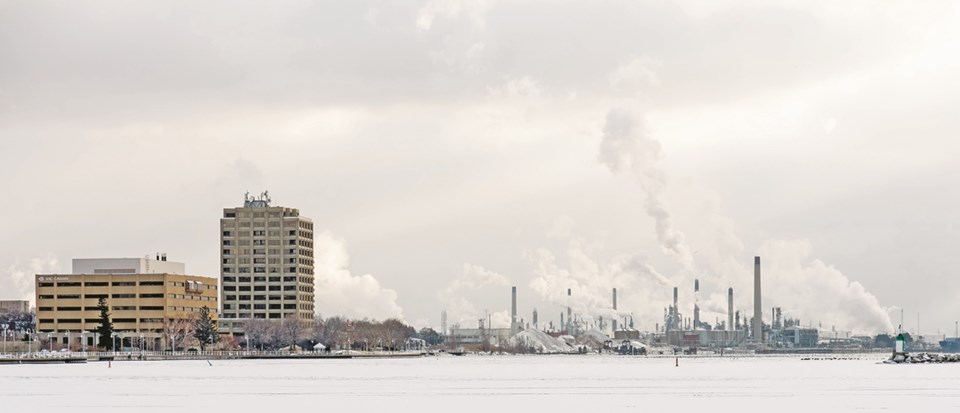Troy Shantz
Lambton’s medical officer of health has asked researchers at McGill University to revisit a recent study that depicted Sarnia as a hotspot for leukemia due to benzene exposure.
The study led by Dr. Ivan Litvinov and published in the medical journal Cancer identified clusters of disease in the industrial cities of Sarnia, Thunder Bay, Sault Ste. Marie, Hamilton and St. Catharines – specifically for the blood cancer known as acute myeloid leukemia (AML).

But Ranade said the study was poorly conducted because researchers failed to take into account Sarnia’s older population – a known risk factor for AML and other cancers.
He and several other medical officers of health co-signed a letter sent to the publication calling on the research team to re-run the numbers with age factored in.
“Then we can start to have better discussions about whether or not there’s anything left over after you do that,” Ranade told the Journal.
“And if there are, then we can talk about what that might mean.”
According to the McGill study published in February, Sarnia’s AML rate between 1992 and 2010 was “significantly higher,” including neighbourhoods in the city’s north end and Point Edward that were more than three times above the national average.
It also points to benzene exposure as a major risk factor for AML; according to a 2017 collaborative national news investigation, it’s estimated Sarnia’s refineries release three to ten times the annual benzene limit imposed by the province in 2016.
Ranade has said he isn’t beholden to industry or grassroots activists and is interested only in obtaining the truth through fact-based science.
He was also critical of the research team for not collaborating with local officials and doctors.
“It’s quite something for someone based somewhere else who’s analyzing data without a sense of the community… without any regard to the context,” he said.
The full report can be accessed here: https://onlinelibrary.wiley.com/doi/epdf/10.1002/cncr.32034
